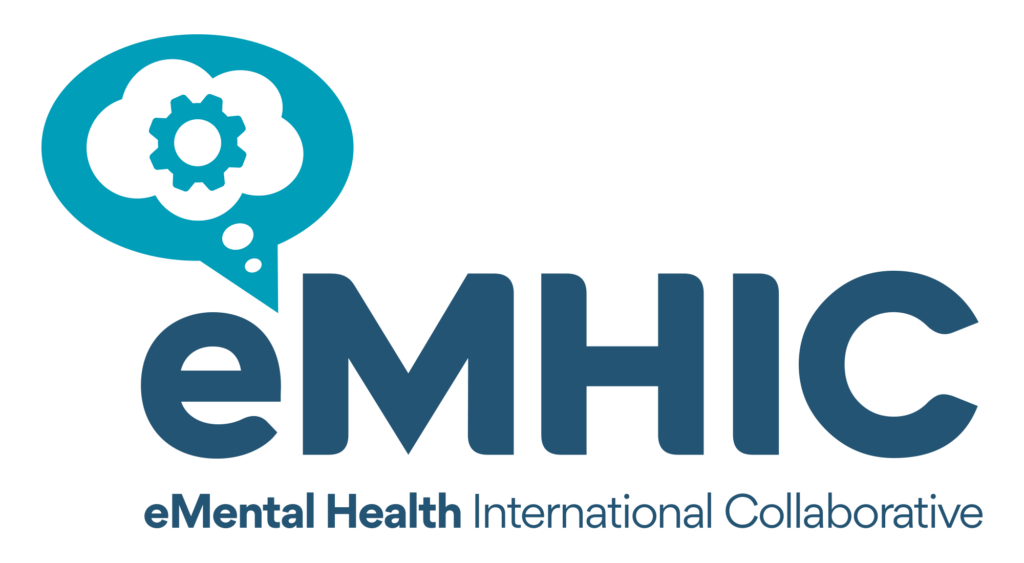By Patrick D. McGorry, Cristina Mei, Andrew Chanen, Craig Hodges, Mario Alvarez-Jimenez, and Eóin Killackey
With us being in the midst of a youth mental health crisis, some are questioning whether the current frameworks around youth mental health care are sufficient to support the needs of young people. The authors of this article aimed to provide an overview of the current landscape regarding youth mental health care, with an emphasis on how these care services can be integrated and scaled to meet the needs of youth.
The following is an excerpt from the original article, where the authors discuss digital mental health platforms in the context of integrating youth mental health care:
“Young people are digital natives and the digital world is a fundamental element in their lives. While the establishment of integrated youth mental health services has improved young people’s access to mental health care, the volume of demand and workforce challenges have highlighted the need to develop further platforms that can adequately address the scale and diversity of need. The delivery of high quality mental health care through digital technology is considered key to this endeavour, emphasized by the COVID-19 pandemic100.
The integration of digital technologies within youth models of care has several advantages, including improved service efficiency and access to care100, 101, potentially reducing the treatment gap in all resource settings. While the use of digital technologies in low- and medium-resource settings is acceptable, feasible and potentially effective102, particular considerations are needed regarding factors such as language, culture, level of education, access to technology, digital literacy, and infrastructure103.
There has been a rapid growth in digital mental health research104 and, while there have been challenges in the implementation and uptake of new digital technologies105, 106, their integration within clinical services has the potential to enhance engagement107.
For anxiety and depression in young people, a range of digital mental health interventions are available108. These involve text-messages (e.g., ReachOut, Rise Up), computer games (e.g., SPARX), online programs (e.g., MOST, MoodGYM), video games (e.g., Maya), online courses and chat groups (e.g., Master Your Mood), and mobile apps (e.g., Mayo Clinic Anxiety Coach). Interventions that involve supervision or regular contact with a therapist are more likely to be effective than unsupervised educational programs. Engagement and retention are issues requiring attention108.”
To continue reading the full original article, click here
References:
100 Torous J, Jän Myrick K, Rauseo-Ricupero N et al. Digital mental health and COVID-19: using technology today to accelerate the curve on access and quality tomorrow. JMIR Ment Health 2020; 7:e18848.
101 Cross S, Piper SE, Davenport TA et al. Implementation study of a prototypic e-clinic being integrated into youth mental health services: staff experiences and reported service quality improvements. Med J Aust 2019; 211: S30- 6.
102 Naslund JA, Aschbrenner KA, Araya R et al. Digital technology for treating and preventing mental disorders in low-income and middle-income countries: a narrative review of the literature. Lancet Psychiatry 2017; 4: 486- 500.
103 Rodriguez-Villa E, Naslund J, Keshavan M et al. Making mental health more accessible in light of COVID-19: scalable digital health with digital navigators in low and middle-income countries. Asian J Psychiatry 2020; 54: 102433.
104 Firth J, Torous J, Yung AR. Ecological momentary assessment and beyond: the rising interest in e-mental health research. J Psychiatr Res 2016; 80: 3- 4.
105 Torous J, Nicholas J, Larsen ME et al. Clinical review of user engagement with mental health smartphone apps: evidence, theory and improvements. Evid Based Ment Health 2018; 21: 116- 9.
106 Mohr DC, Riper H, Schueller SM. A solution-focused research approach to achieve an implementable revolution in digital mental health. JAMA Psychiatry 2018; 75: 113- 4.
107 Rodriguez-Villa E, Rauseo-Ricupero N, Camacho E et al. The digital clinic: implementing technology and augmenting care for mental health. Gen Hosp Psychiatry 2020; 66: 59- 66.
108 Garrido S, Millington C, Cheers D et al. What works and what doesn’t work? A systematic review of digital mental health interventions for depression and anxiety in young people. Front Psychiatry 2019; 10: 759.




